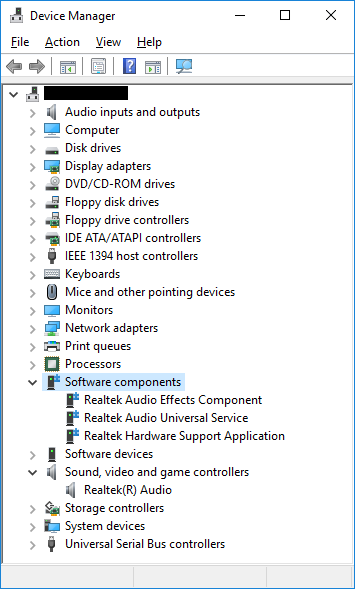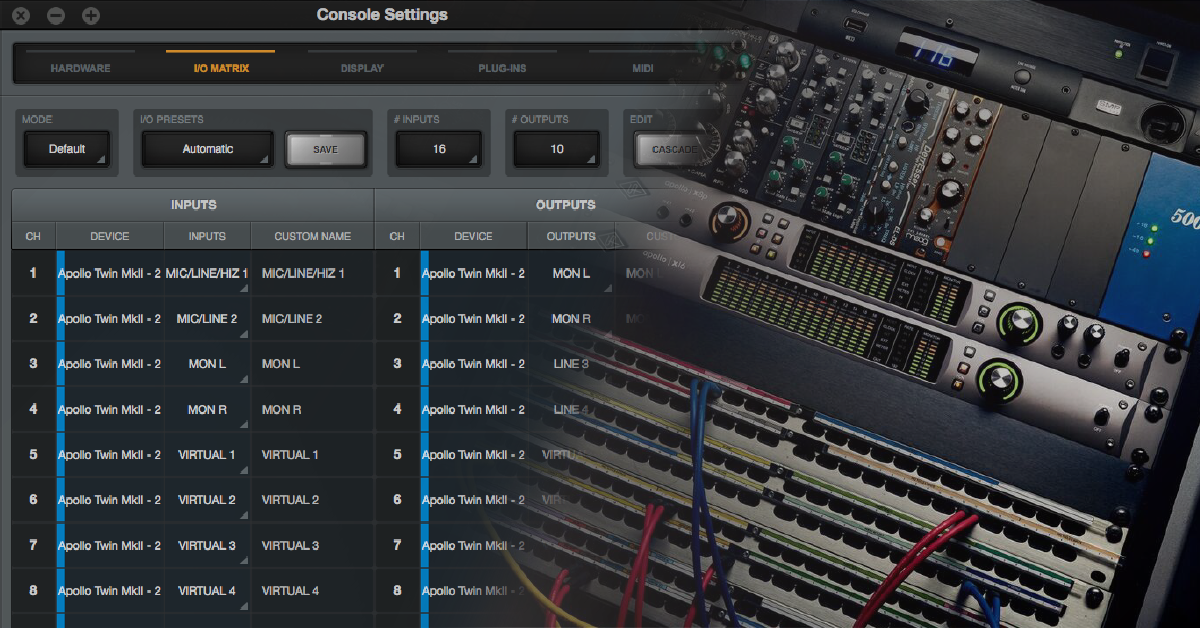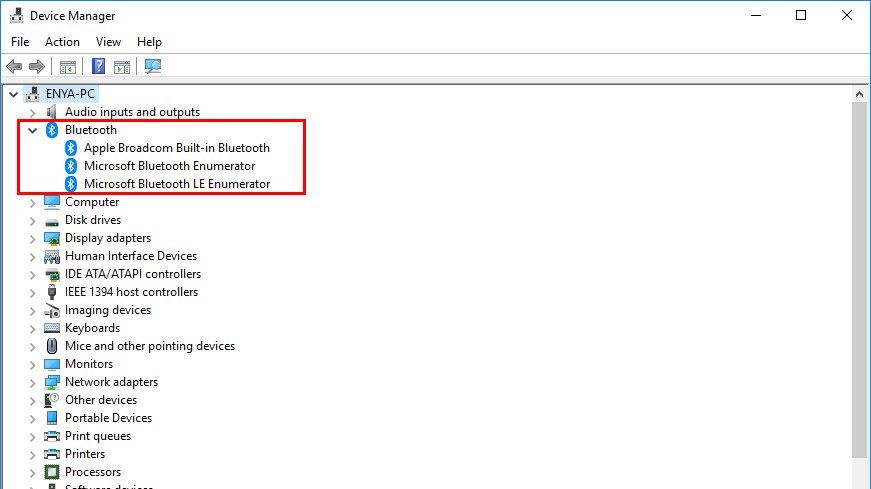
Important Microsoft has released version 1.0a of the Universal Audio Architecture (UAA) High Definition Audio class driver for Microsoft Windows. The newer release supports the High Definition Audio and modem implementations that are known to Microsoft as of August 1, 2004. This is the second version of this driver and supersedes this hotfix. We recommend that you install version 1.0a of this driver. For more information about version 1.0a of this driver and about how to obtain it, click the following article number to view the article in the Microsoft Knowledge Base:
888111 Universal Audio Architecture (UAA) High Definition Audio class driver version 1.0a available for Windows XP, Windows Server 2003, and Windows 2000
INTRODUCTION
This article describes the first release of the Universal Audio Architecture (UAA) High Definition Audio class driver for Microsoft Windows. This driver is designed to work with the following versions of Windows:
- TRANSFER: You may not rent, lease, lend, sell, redistribute, sublicense or provide commercial hosting services with the Software. You may, however, make a one-time permanent transfer of all of your license rights to the Software to another end user in connection with the transfer of ownership of your Product, provided that: (i) the transfer must include your Product and all of the Software.
- This will help if you installed an incorrect or mismatched driver. Problems can arise when your hardware device is too old or not supported any longer. Gigabyte GA-970A-UD3 Microsoft UAA Driver Gigabyte GA-970A-UD3 Universal Audio Architecture Driver Gigabyte GA-970A-UD3 Microsoft Sound Driver GA-970A-UD3 (rev. 1.0) UAA Microsoft Gigabyte.

Microsoft Windows Server 2003
Microsoft Windows XP Service Pack 1 (SP1)
Microsoft Windows 2000 Service Pack 4 (SP4)
This release supports the High Definition Audio and modem implementations that are known to Microsoft as of March 19, 2004. The package will not work on High Definition Audio implementations that are disclosed to Microsoft after this date.
More Information
Now download the Microsoft Firewire 1394 OHCI Legacy Driver Installer and remember where you downloaded the file to. Then once you have downloaded the installer, follow the instructions below. Microsoft Firewire 1394 OHCI Legacy Driver. Find where you downloaded the file to. It will have the filename 1394OHCILegacyDriver.msi as shown above. Universal Audio is the world’s leader in Thunderbolt audio interfaces, analog recording hardware, and UAD audio plug-ins. Explore products and shop now.
A supported feature that modifies the default behavior of the product is available from Microsoft. However, this feature is intended to modify only the behavior that this article describes. Apply this feature only to systems that specifically require it. This feature might receive additional testing. Therefore, if the system is not severely affected by the lack of this feature, we recommend that you wait for the next software update that contains this feature.
If the feature is available for download, there is a 'Hotfix download available' section at the top of this Knowledge Base article. If this section does not appear, contact Microsoft Customer Service and Support to obtain the feature.
Note If additional issues occur or if any troubleshooting is required, you might have to create a separate service request. The usual support costs will apply to additional support questions and issues that do not qualify for this specific feature. For a complete list of Microsoft Customer Service and Support telephone numbers or to create a separate service request, visit the following Microsoft Web site:
http://support.microsoft.com/contactus/?ws=supportNote The 'Hotfix download available' form displays the languages for which the feature is available. If you do not see your language, it is because the feature is not available for that language.
Prerequisites
To apply this update, you must have one of the following versions of Windows installed on your computer:
Microsoft Windows Server 2003
Microsoft Windows XP with Service Pack 1 (SP1)
Microsoft Windows 2000 with Service Pack 4 (SP4)


Restart requirement
You may have to restart your computer after you apply this update.
File information
The English version of this update has the file attributes (or later file attributes) that are listed in the following table. The dates and times for these files are listed in coordinated universal time (UTC). When you view the file information, it is converted to local time. To find the difference between UTC and local time, use the Time Zone tab in the Date and Time tool in Control Panel.
Windows Server 2003
Windows XP SP1
Windows 2000 SP4
More Information
The new UAA describes a class driver architecture for computer audio solutions that are supported in Microsoft Windows operating systems.
An audio device that is UAA compliant can rely completely on the operating system for driver support. Therefore, the hardware vendor does not have to supply a custom driver for the device. Microsoft plans to supply UAA class drivers for the following classes of audio device in Windows Server 2008.
Download Universal Audio 1394 Driver Windows 10
USB Audio
IEEE 1394 AV/C
High Definition Audio
A High Definition Audio device complies with the Intel High Definition Audio specification. A High Definition Audio device connects to the PCI bus or to the PCI Express bus. This High Definition Audio device can reside on an internal audio card, or it can be part of an integrated motherboard chip set. The update that is described in this article supports the spring 2004 Intel initial hardware release of High Definition Audio-compliant solutions.
The third-party products that this article discusses are manufactured by companies that are independent of Microsoft. Microsoft makes no warranty, implied or otherwise, regarding the performance or reliability of these products.
The advantages of UAA over the current audio industry solution, AC’97 Audio Codec, include the following.
For users
Simpler installation of audio peripherals
Increased system stability
Easier installation of audio drivers
Increased performance
Glitch-free audio
Increased security for protected content
Reduced requirement for vendor-supplied drivers
Reduced requirement to upgrade drivers
Guaranteed basic audio support for UAA-compliant devices

For OEMs and hardware manufacturers
Reduced software development, testing, and support
Reduced exposure to product support calls and to product returns
Easier phase-out for products at 'end of life'
For more information about the UAA in Microsoft Windows, download the Universal Audio Architecture white paper. To do this, visit the following Microsoft Web site:
http://www.microsoft.com/whdc/device/audio/UAA.mspxFor more information about Microsoft software updates, click the following article number to view the article in the Microsoft Knowledge Base:
824684 Description of the standard terminology that is used to describe Microsoft software updates
For information about your hardware manufacturer, visit the following Web site:
http://support.microsoft.com/gp/vendors/en-usMicrosoft provides third-party contact information to help you find technical support. This contact information may change without notice. Microsoft does not guarantee the accuracy of this third-party contact information.
Windows Driver Model (WDM) audio drivers make use of the kernel streaming (KS) components, which operate in kernel mode and are part of the operating system.
Hardware vendors should make several design decisions before beginning development of a Windows-based audio hardware device.
The first decision is whether to design an audio device that requires a vendor-supplied custom driver. Windows contains operating-system support for PCI, USB, and IEEE 1394 devices that conform to the Microsoft Universal Audio Architecture (UAA) guidelines. The vendor does not need to provide a custom driver for a UAA-compatible audio device.
However, if a vendor-supplied custom audio driver is necessary, the vendor must choose whether the driver should be designed to work in conjunction with the PortCls system driver (Portcls.sys) or the AVStream class system driver (Ks.sys). Both PortCls and AVStream are part of the Windows operating system. PortCls is the correct choice for most audio adapters. For more information about PortCls, see Introduction to Port Class. For more information about AVStream, see AVStream Overview.
When designing a custom adapter driver that uses PortCls, the devices on the audio adapter are made available to applications using WaveRT. For more information, see Introducing the WaveRT Port Driver.
Two additional decisions involve how to present the adapter topology and pin data ranges to audio applications. The topology is a logical map of the data paths and control nodes in the adapter circuitry. The data ranges specify the data formats that the devices can support in their wave and MIDI streams. Both decisions affect how the devices on the audio adapter appear to applications.
Universal Audio Apollo Twin
In making all of the previously mentioned decisions, the hardware vendor must weigh the value of performance enhancements against the cost of implementing them. Another consideration is whether a particular solution can be made to work on a number of products in the Windows family. This section provides an overview of these issues as well as references to more detailed documentation about specific topics.
Universal Audio Plug-ins
This section includes the following topics: